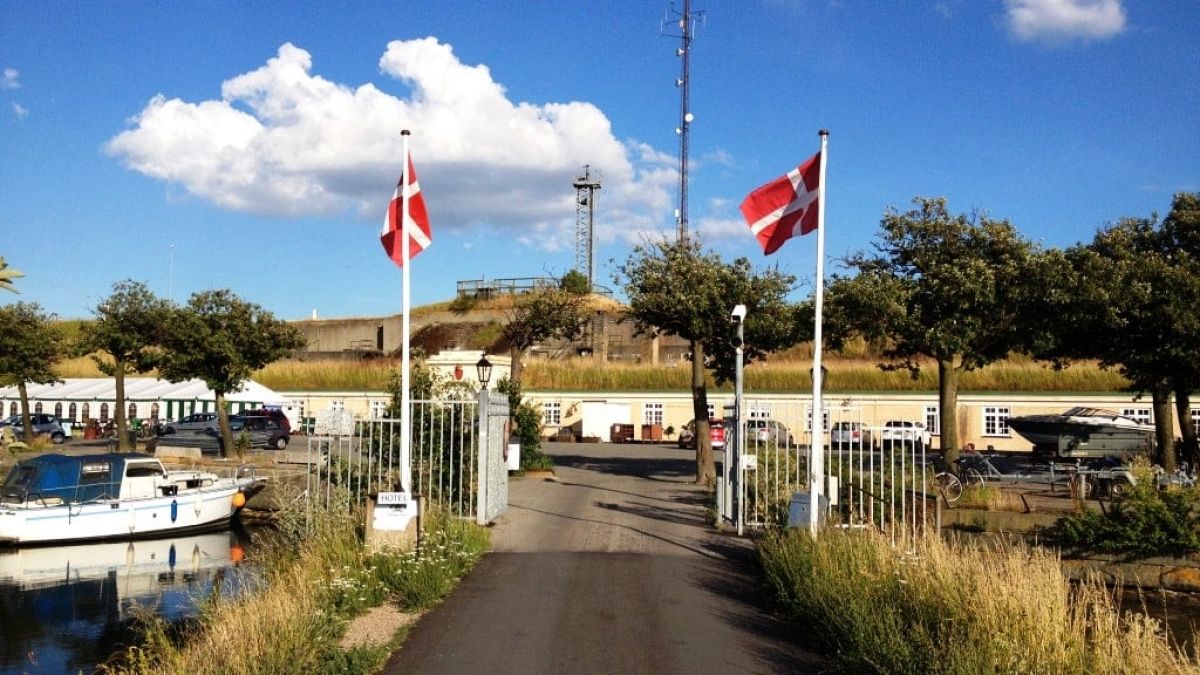

Across Europe, a wave of change and cautious diplomacy highlights the region’s response to diverse challenges, from cultural debates to pressing political situations and travel disruptions. The latest developments reflect a world in transition while emphasizing dialogue and resolution.
In Copenhagen, Denmark, a piece of art has sparked significant discussion. The city has decided to remove a controversial mermaid statue, described by some as “pornographic and too primitive.” The statue’s creator defended its design, stating the proportions are suitable for its size. Engaging with these perspectives, Denmark is navigating cultural sensitivities, fostering dialogue about public art and its place in modern society.
On a diplomatic front, the European Union (EU) has confirmed its decision to hold off on sanctioning Israel regarding the ongoing Gaza conflict. This decision follows recent attempts by EU member states to gather sufficient support to suspend Israel from the Horizon Europe fund. Germany and Italy, two prominent EU nations, advocate for continuing diplomatic engagement with Israel, reflecting a commitment to dialogue as a path to resolving complex international issues. This approach illustrates the EU’s balanced strategy, aiming to maintain peace and stability while encouraging constructive conversations.
Meanwhile, a significant travel disruption captured the attention of travelers across Europe as a power outage north of Paris caused cancellations and delays for Eurostar trains. This occurred during the peak of the summer travel season, a time when many individuals seek respite and exploration. French rail operator SNCF has assured passengers that services are expected to return to normal by Tuesday morning, demonstrating resilience and adaptability in the face of unexpected challenges. The incident underscores the importance of responsive infrastructure and efficient crisis management to ensure smooth travel experiences.
In the realm of geopolitics, Russian President Vladimir Putin continues to navigate international pressure with deliberate caution. In response to an ultimatum by former U.S. President Donald Trump for a ceasefire in the Ukraine conflict, Putin has yet to solidify a meeting with Ukrainian President Volodymyr Zelenskyy. This delay reflects broader geopolitical dynamics as stakeholders strive for a peaceful resolution without immediate commitments. The situation requires patience and negotiation, highlighting the intricate balancing act involved in international diplomacy.
As each of these developments unfolds, they remind us of the nuanced interplay between culture, international relations, and the practicalities of everyday life. From public art and diplomacy to travel and geopolitical discourse, Europe stands as a microcosm of the broader global landscape, adapting to change while seeking harmony and understanding. These calm and thoughtful approaches point toward a hopeful future where dialogue and collaboration pave the way for progress.
Source: {link}
